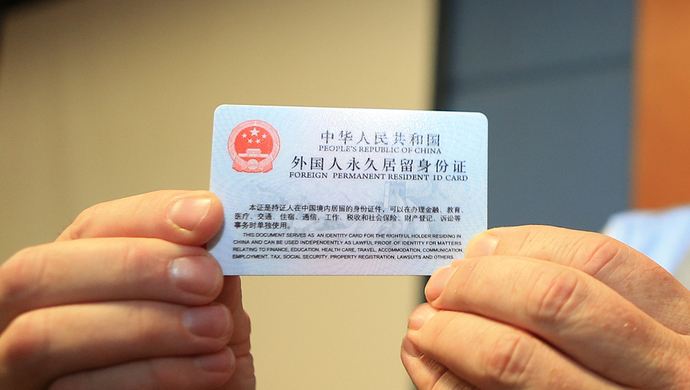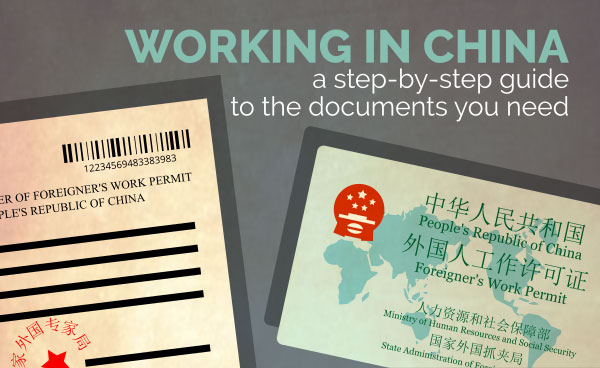

Teaching abroad is a life changing decision.
It certainly changed the trajectory of my life, leading to opportunities that would have otherwise never been available to me. I’ve worked remotely from Hawaii with several multinational online education companies, and I currently enjoy the ability to help wonderful teachers from all over the world find jobs in China. My China teaching experience made this all possible.
But before you start firing off your resume to Chinese schools, there are some decisions you must make: Should I get a TEFL certificate? Should I use an agency or apply directly? What kind of school do I want to work at? Do I want to work in a big city or a small city? In this article, we’ll explore these four questions you must answer before you begin applying to jobs. My hope is that this information will help you make the best decision as you begin your career as a teacher in China!
1. To TEFL or not to TEFL?
There are a lot of TEFL programs out there: In-class, online, 20 hours, 120+ hours, and everything in between. Do you need one? That depends on your situation. From my observations of the Chinese job market for foreign professionals, a TEFL certificate can best help by compensating for a lack of experience. Almost every school in China lists “two or more years of teaching experience” in their job requirements. Actually, many schools will accept an applicant who does not have two years of experience but does have a TEFL certificate.
Which certificate is best? Obviously, an in-class certificate tops an online certification. A certificate stating you’ve completed 120 hours of coursework betters one with less hours. Some schools don’t have a specific requirement for the number of TEFL hours, but for the employers that do, they usually require 120 hours or more.
Ultimately, if you don’t have any teaching experience, you can and should augment your resume with a teaching certificate. This will make you a much more competitive candidate. But if you do have a wealth of teaching experience or have a teaching license in your own country, then a TEFL may not be necessary for you.
2. Agency or Apply Directly?
There’s a lot of controversy surrounding this question as some agencies out there employ rather nefarious business practices. There are agencies that charge a fee to the candidates they’re placing, in addition to the fee they collect from the school. Some teachers are also wary that schools will decrease the salary on their contracts to make up for the increased cost of agency recruitment fees. But not all agencies are like this. Some are well-established and very trustworthy, only looking out for the best interests of their candidates.
So why would you choose to apply to a job opening directly? If it is an option, and the best job is available via a direct application, apply directly! Another reason people choose to apply directly is that they have had bad experiences with agencies in the past, you have a friend working with the school or company already, or maybe you are a teacher who is returning to China after some time in your home country, and don’t need an agency’s assistance in securing a position.
What are the positives of working with an agency? Finding work abroad through an honest agency can make your transition much less stressful. It can often save you a lot of time looking for job options as well, as the agency will be able to give you a selection of positions that fit your qualifications and interests. Plus, an agency will be able to guide you through the process of obtaining your required documents and acquiring your work visa.
3. Go Public or Go Private?
You can read all about the different types of schools in China here, but basically they fall into one of two categories. They are either a private school (training center, foreign language school, international school, or private university) or a public school (public kindergarten, middle school, high school, or university). Private schools tend to pay more. The workload at private schools is generally greater than those of public schools. If you’re new to the teaching profession and want the highest salary possible, I suggest applying to training centers. If you’d rather have a lighter workload (generally less than 20 hours per week) and don’t mind a slightly smaller salary, you should apply to public universities or public schools.
Another advantage (or disadvantage, depending on how you look at it) of public schools is that they very often provide free housing, rather than a housing stipend. This can make the process of moving to and settling down in China much simpler, as you do not need to secure an apartment upon your arrival. Some expats, however, would like to choose where they live. In my experience, the living quarters provided by the school tend to be very dormitory-esque (especially in tier 1 cities). If you need an apartment with all the amenities, I suggest checking with your school about the apartment they provide. If an adequate apartment is not provided, be sure to ask if the school can provide a housing stipend instead. You should also check to see if they will assist you with finding housing.
4. Big City or Small City?
Deciding where you want to be, geographically, is an important decision to make. Many schools or companies will say they’re in a particular city but are actually located in the distant outskirts or exurbs of that city.
Think about what you want to get out of your experience in China. Some expats go to China to immerse themselves in a new culture but end up in a 1st tier city that feels much like any other international metropolis (i.e. New York, LA, London, etc.). Other expats want to be able to have western friends and eat western food while they live abroad. Whatever your goals, you can be perfectly happy with your life in China, but it’s important to research the city your school is in and where you’ll be located. It’s wise to avoid any unpleasant surprises.
Are you looking to have an authentic Chinese experience? Try relocating to one of the smaller cities. You’ll be able to socialize with the locals, eat authentic Chinese food, and explore a new culture in its purest form.
Are you someone who needs the comforts of home more often? Check out a tier 1 or tier 2 city. These cities often have an established expat community, along with the cuisine, groceries, and products you can find in your home country.
Bottom line: Check out your options, decide what you want to do in China, and where you would like to end up professionally. As I said, working abroad is a life changing experience. Do whatever you can to make it a comfortable experience too.
Are you thinking about teaching in China? Reach out to me if you have any questions about your preparation for working abroad! Feel free to send an email to ted@foreignhr.com.
(By: Ted Salonek)










 京公网安备 11011202001511号
京公网安备 11011202001511号